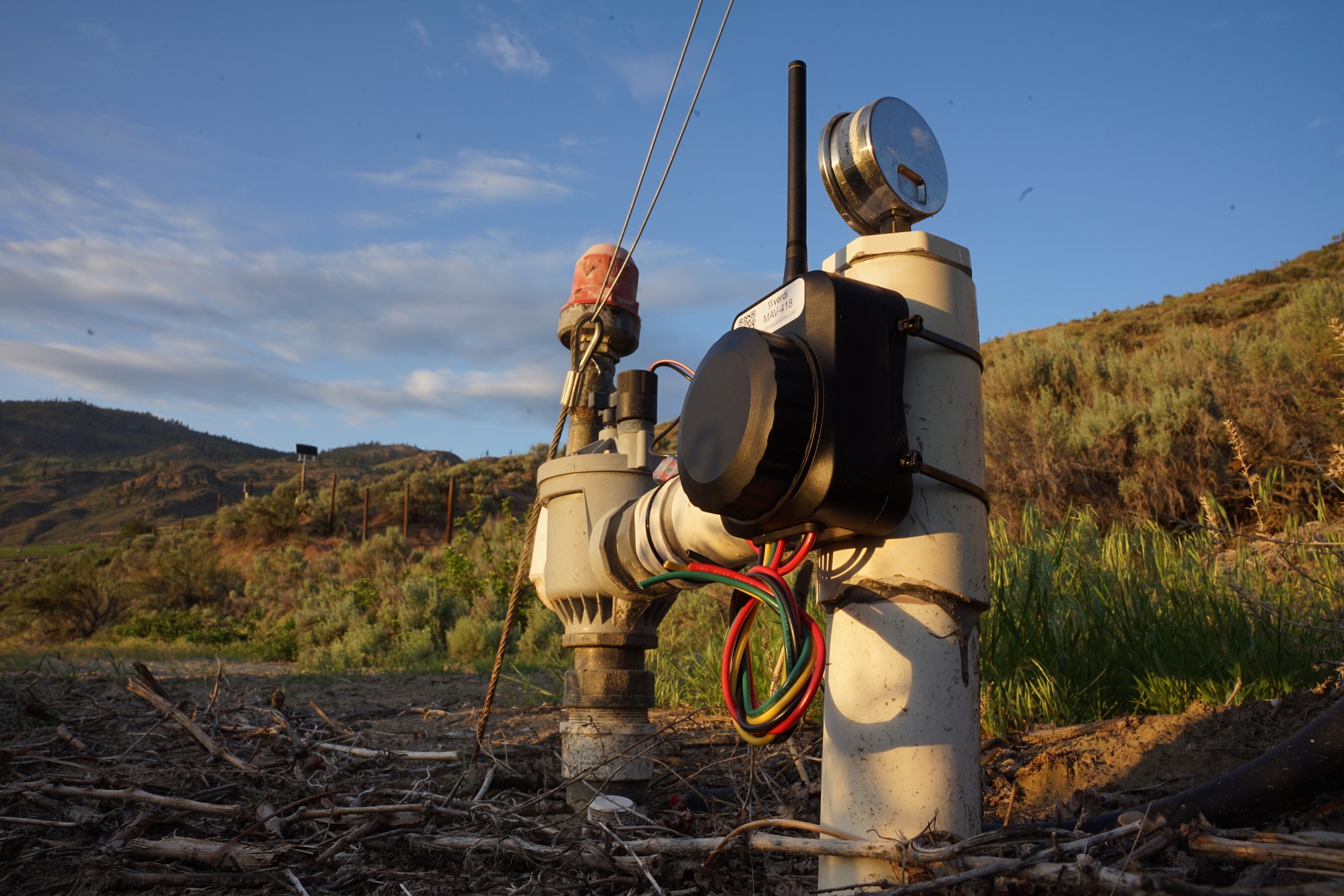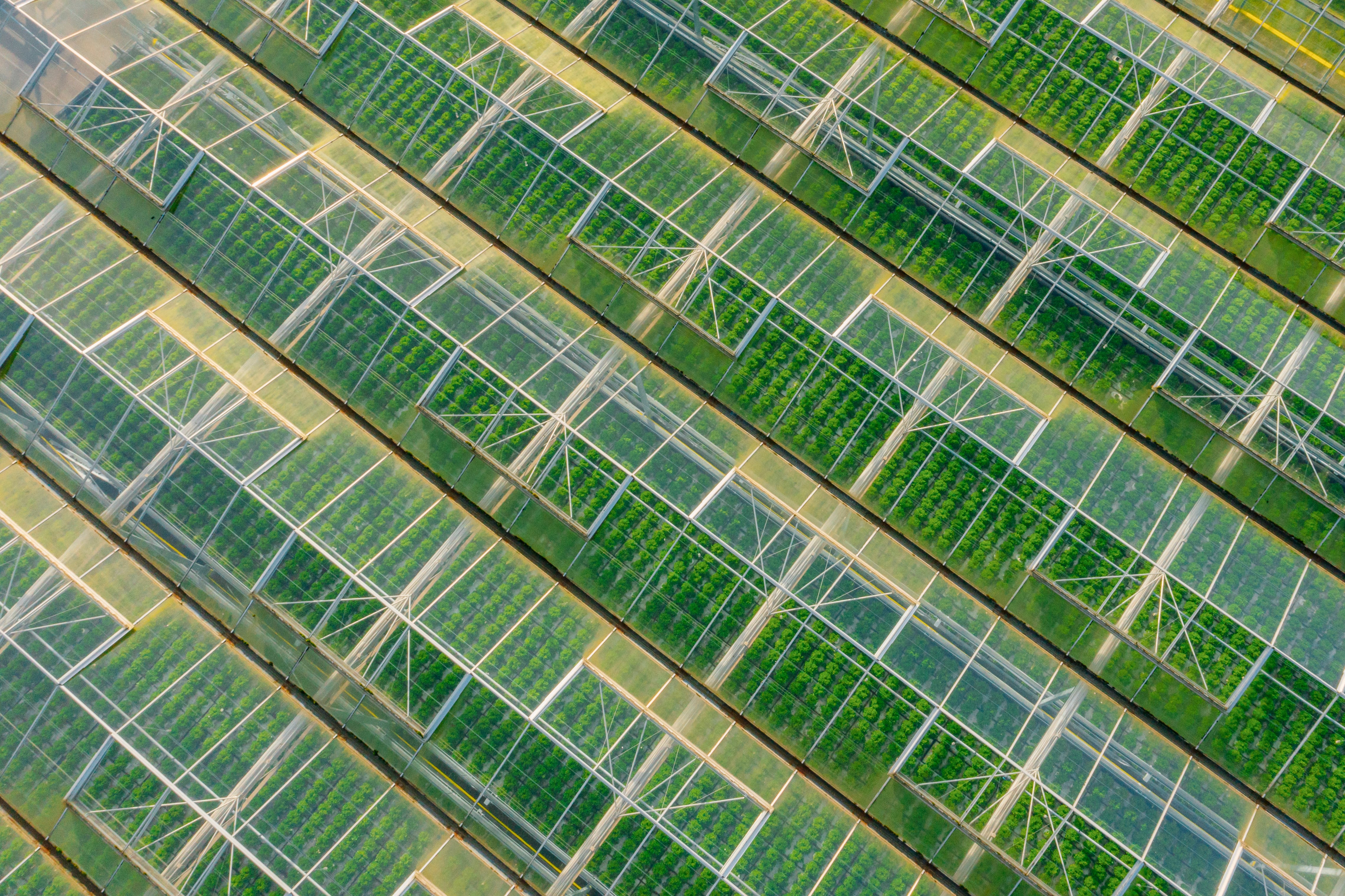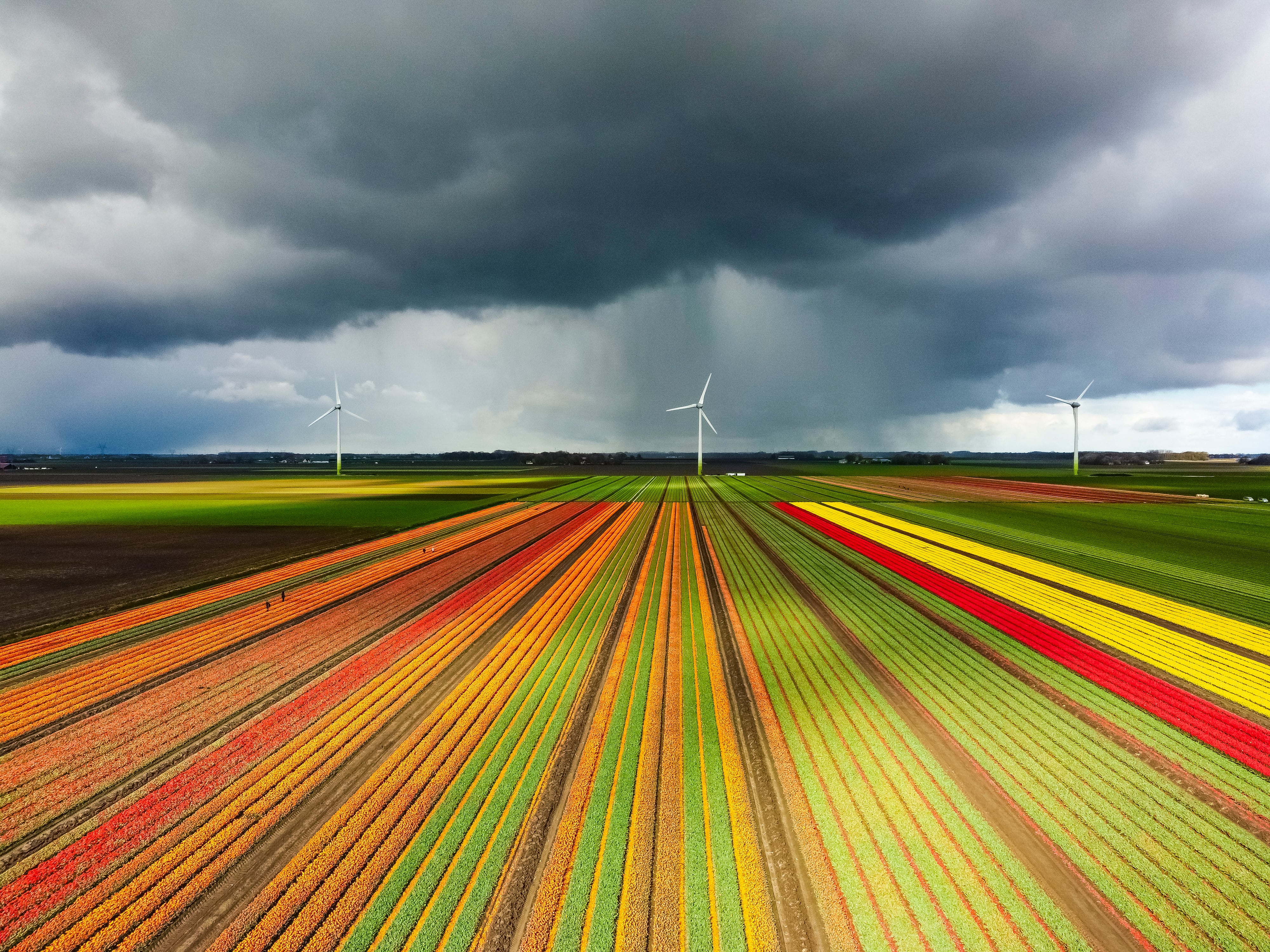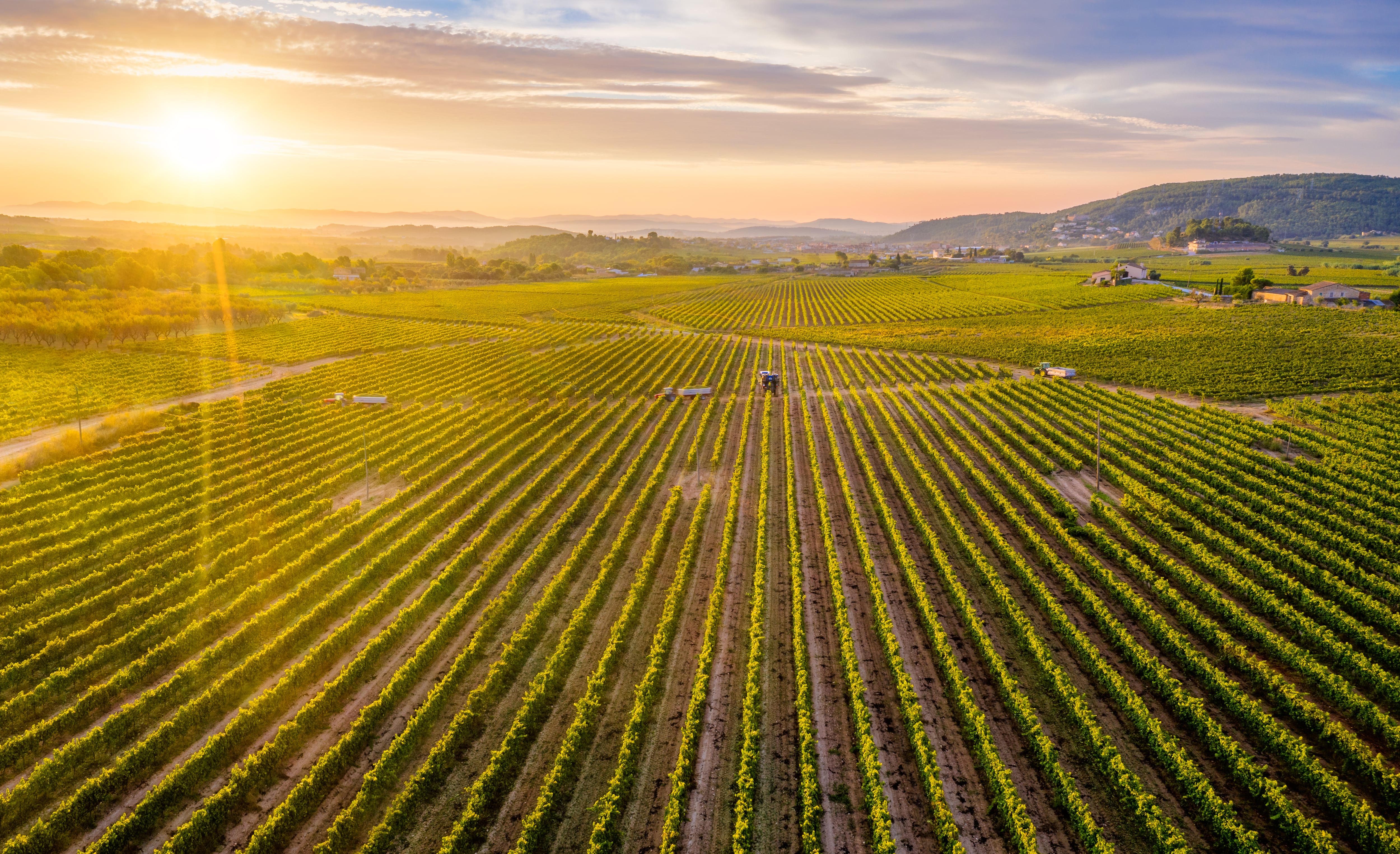Verdi has bold plans to make modern automation tools accessible to ‘every farm on the planet’.
Designed for specialty crop growers, its patented smart devices retrofit existing farm infrastructure to automate everyday tasks such as irrigation and maintenance, helping farmers to save labour, reduce inputs, and increase yields.
The new funding, led by SVG Ventures, follows a ‘breakout year’, for the Vancouver-based company, which now powers irrigation automation for some of the world’s largest food and beverage brands on more than 5,000 acres of farmland in North America.
Agriculture producers have been drawn to its ability to retrofit to existing infrastructure and deliver immediate results, it says. In 2024, it estimates it saved customers over $1 million CAD in irrigation labour costs while saving them over 100 million liters of water.
Bringing automation to ageing farm infrastructure
That’s because traditionally, automating irrigation has required costly and complex infrastructure upgrades, limiting widespread adoption.
Verdi’s patented smart devices, in contrast, retrofit intelligence onto existing irrigation infrastructure, eliminating the need for disruptive rollouts. Its technology also enables advanced capabilities such as remote leak detection and row-level irrigation control.
Farms using Verdi have seen up to 90% labour savings, 70% water savings, and 20% yield improvements, it claims, while reducing automation costs ‘by an order of magnitude’. The approach has fuelled Verdi’s growth across the US and Canada, more than doubling its team in the past year to 24 experts in agronomy, hardware, and AI-driven software.
With the new investment, Verdi says it will continue expanding into new regions, advancing its AI-powered platform, and deepening its relationships with major agribusinesses to drive automation at scale.
“Our mission is to overcome the traditional adoption barriers that have prevented farmers from scaling irrigation automation, and in turn allow them to increase farm efficiency and resilience,” said Arthur Chen, CEO and Co-founder of Verdi. “This round fuels our ability to scale rapidly and continue delivering impact where it matters most – on the farm.”
The company’s solution is not only innovative but also ‘practical and scalable’, added John Hartnett, CEO of SVG Ventures. “The ability to integrate with existing farm infrastructure makes the platform a game-changer for growers looking to stay competitive in a changing world,” he said.
Aiming to offer simplicity, affordability, and trust
Verdi’s devices can be installed on existing irrigation systems in minutes, adds Graham Buksa, Verdi’s head of marketing. “Each farm requires at least one base station for data transmission and one wireless controller for valve or pump control,” he explained to AgTechNavigator. “Each takes 5 minutes to install and is as easy as scanning a QR code with your phone to connect the devices to our software. Together with the basic software setup, you could be all done within a half an hour. One person can typically automate irrigation on a 100-acre farm in less than a day.”
The number of devices or sensors typically required by users for effective coverage depends on the property size and complexity of the land. “On a relatively simple piece of land we typically see farms with 2.5-acre irrigation blocks, and two moisture sensors installed,” Buksa says. “For a 100-acre farm, they’d have 40 Verdi Block Controllers, 3-5 Wireless Soil Moisture Sensors, and a Base station. So 44 total devices on this ‘idealised’ average property.”
Verdi integrates with most SDI-12 and analog-output sensors, he adds, including soil moisture probes, pressure sensors, flow meters, and weather stations. It also offers its own wireless soil moisture sensors for farms looking for a plug-and-play option.
‘Real’ automation
It’s also ‘real’ automation, he explains. “That’s the beauty of what we’re providing farmers. Everything from manual control, scheduled irrigations, or full sensor-driven automation - including leak and break detection. With the newest Block Controller we can now even sense debris in the valve mechanism that might affect system performance.”
This fact is solving one long-standing problem for irrigation systems for agriculture, he says, which traditionally have not enjoyed the luxury of having people constantly on hand. “For ages, automation still required checking if it worked. This was fine if the automation system was being installed on a golf course, where there are always people around, but not for systems for agriculture.”
Verdi sends alerts to growers when there are leaks and breaks. “You’ll still need workers to go fix the leak or break, but you’ll be able to control the system remotely. If you get an alert for a broken line, you can simply open the app and turn the pump or valve off.”
What’s key to more adoption?
That said, despite the advantages of automated irrigation, many farmers sill often prefer to continue to rely on manual methods.
And despite Verdi’s retrofit pitch removing the expensive and complex infrastructure upgrades that are required, the costs associated with automating irrigation can also still be prohibitive, especially for smaller operations.
Verdi, however, contends that for any farm over five acres it is the most affordable solution for irrigation automation.
As for the adoption barrier in general, Buksa says the focus is on making irrigation automation “low-risk, easy to install, easy to use, and proven to deliver ROI within the first season. And because it’s not a permanent installation, growers don’t need to buy Verdi, they can rent it.”





